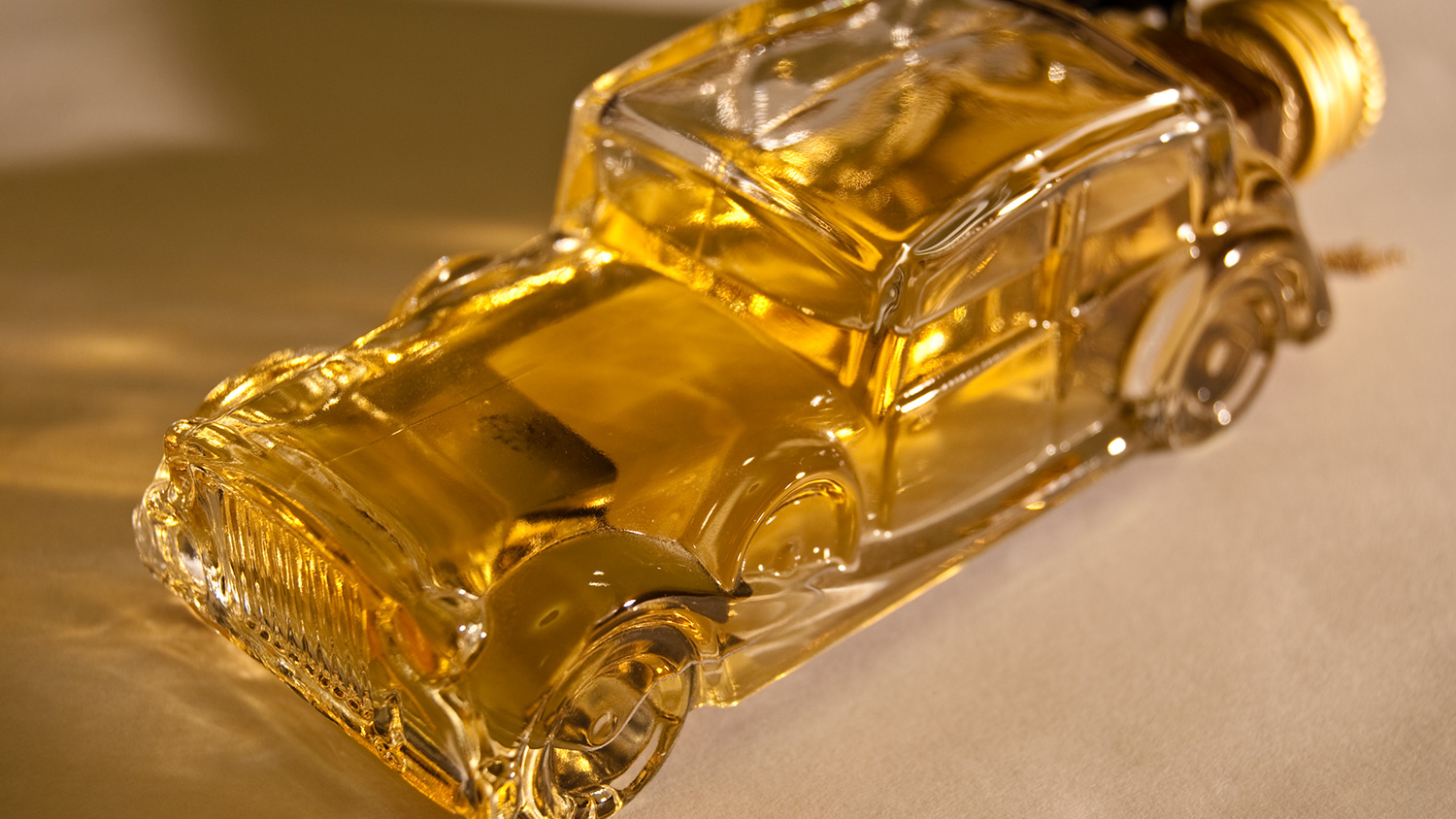Holy organic Scotch, Batman: The Scots have debuted a new, guilt-free whisky cocktail. And guess what — it’s biofuel!
Clean Renewables Ltd, based in Edinburgh, has successfully developed a new biofuel made from whisky waste products. The company was able to nail down the process with $1.6 million in funding from the United Kingdom’s Department of Energy and Climate Change.
The Daily Record explains the distillation process:
The bio-butanol was extracted in a manufacturing process called Acetone-Butanol-Ethanol (ABE) fermentation for the first time earlier this month.
ABE fermentation was first developed in the UK a century ago, but died out in competition with the petrochemical industry.
Bio-butanol, unlike other biofuels currently being developed, can be used as a direct replacement for petrol, or as a blend, without the need for engine modification.
Its fermentation process uses the two main by-products of whisky production: pot ale, the liquid from the copper stills, and draff, the spent grains, to create bio-butanol.
This biofuel could help eliminate a massive amount of waste in Scotland: nearly 530 million gallons of pot ale and 750,000 tons of grain.
To combat production costs, Clean Renewables is entering U.K. Department for Transportation’s contest for biofuel demonstrations. If the company wins, they could receive up to $18.6 million to build a biofuel facility that produces at least 264,000 gallons of biofuel, per year, by 2018.
That’s a big price tag, but Clean Renewables founder Martin Tangney stays confident. Here’s Tangney with The Daily Record:
“We have successfully taken a defunct technology and adapted it to current market conditions, attracting the investment and partners required to scale-up to industrial production and prove that this works at scale.”
Cheers to that.


